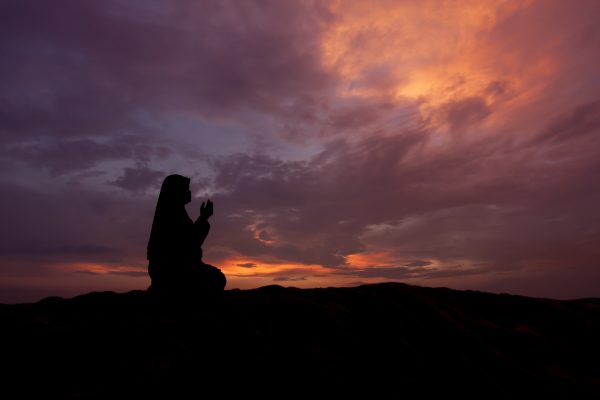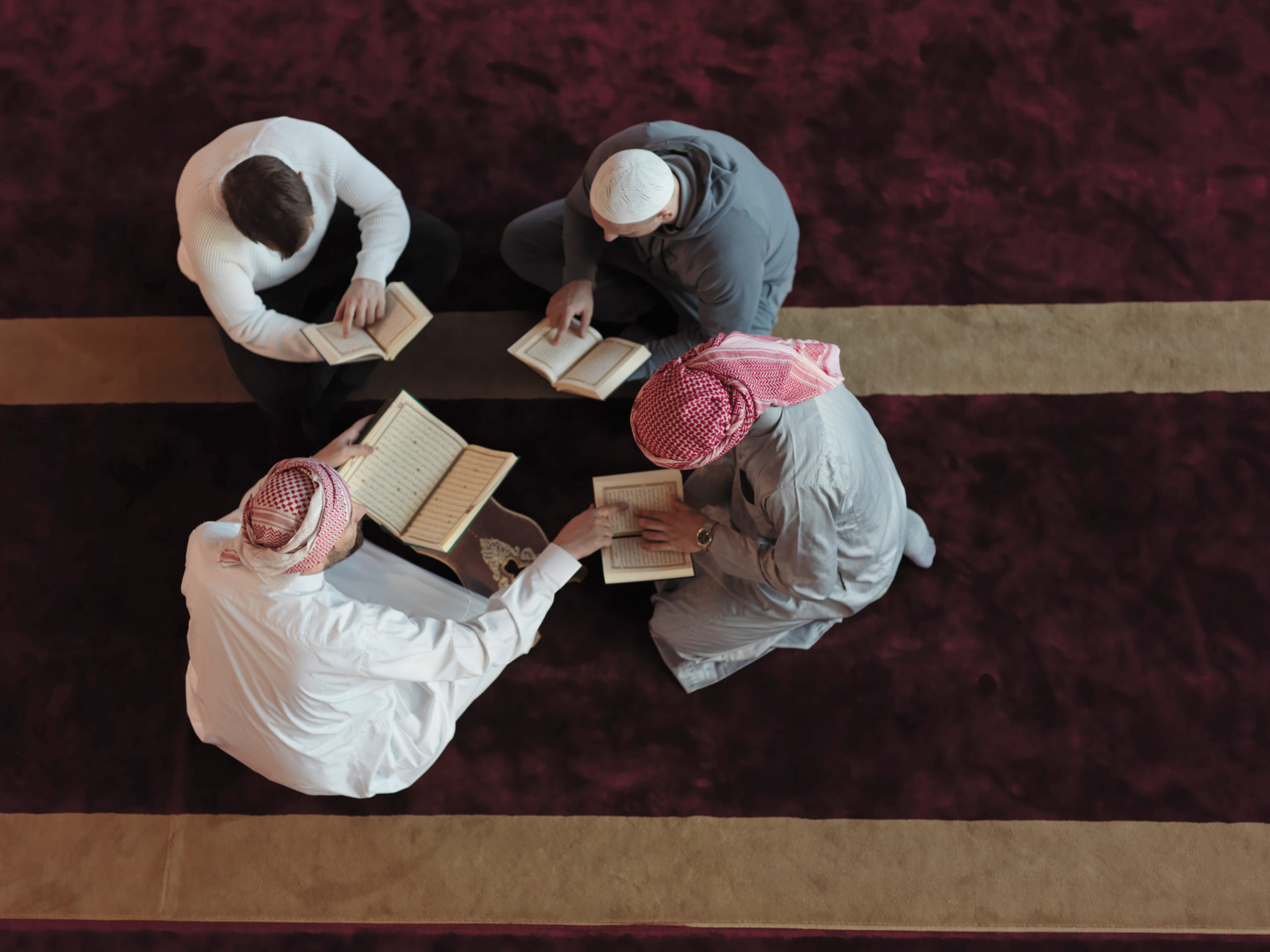When I embraced Islam over three years ago, I had developed from someone who knew nothing about Islam or Muslims to someone whose closest friends were Muslims. I had Twelver Shia, traditional Sunni, and Sufi friends, and in the practice of their faith in everyday life I saw no notable difference. My friends were not “exclusionist” in their choice of company, and interacted meaningfully with individuals following a different tradition within Islam. A short course in “Islamic Law” at university only helped me to see the overwhelming similarities between schools, and the differences were so minute in their practical effect that I found it harder than ever to wrap my head around the existence of sectarianism. Reflecting back on some of the instances that helped me develop a love for this religion, it was the generosity of heart of my Shia friend, the sincerity and strength of my Sunni friend, and the heartbreaking yearning for Allah (swt) in Sufi songs. As a result, when I converted to Islam I saw myself only as a “Muslim”, and not anything else (sect or school wise).
I prayed jummah with Sunnis at my university, learned spirituality and love for the Prophet (pbuh) and his family from a Sufi teacher, and approached fiqh by attending Shia lectures and reading works by Shia scholars. My actual conversion happened in Iran, and for this reason I decided to adopt the Twelver Shia method of prayer and related acts of worship. It was more convenient (cue nights deciphering a booklet on prayer in Persian) and, having some basic knowledge of the school, I had no aversion to it. “Why not?”, I thought. Of course by now I’m more aware of the nuances that distinguish each tradition within Islam, but it is fully possible to be an excellent Muslim whether one is Sunni, Shia or Sufi, and likewise it’s quite possible to be a rather terrible human being as a Sunni or Shia, Sufi or not.
When I returned from Iran to complete my final year as an undergraduate student, I prayed jummah with Sunnis at my university, learned spirituality and love for the Prophet (pbuh) and his family from a Sufi teacher, and approached fiqh by attending Shia lectures and reading works by Shia scholars. Never was I asked why I was there, and why I hadn’t just committed to one tradition and left the rest alone. Not once was I criticised or eyed warily for the way I prayed or for when I broke my fast. No one commented on how I sometimes fluctuated between practices and prayer methods. Not a single person tried to push their preferred version of Islam on me. And, to dispel some myths while we’re at it, never ever did I “worship graves”, read a different Quran, curse anybody, challenge the unity of God, or abandon sunnah. Everyone aspired to follow the sunnah, everyone loved the family of the Prophet (pbuh) in their own way, and everyone aspired to be more spiritual. At no point did any of the differences between me and my friends feel like actual “disunity”. This lived Islam felt beautiful and at odds with expectations of sectarianism and the Youtube/Facebook/Twitter dismissals of other schools of thought that I kept seeing.
While violent sectarianism is thankfully for the most part nonexistent for those of us who live in non-Muslim majority countries, “light sectarianism” exists in the form of prejudices and sheer disinterest in other traditions. A lady at a mosque recently scolded me for making ablutions in a way different to her, and at a writers’ meeting the idea of writing a review for a book with “Sufi” in the title was severely questioned and finally abandoned due to an accusation of Sufis practising “grave worship”. I have met Muslims who think everything about their own understanding of worship is right and everyone else is completely wrong. A genuinely lovely girl I talked to after a university jummah told me she could not understand Amir Sulaiman’s line “the Sunni call me Shia, the Shia call me Sufi”, because “I always thought of [traditional] Sunnis as “Muslims” and everyone else as not”. A family friend in Iran thought it was completely ludicrous that I had Sunni friends, and accused them of being filthy for not making ablutions the exact same way as the Shia. At a university event in Canada, a Muslim suggested there were “only a few” Muslims in Iran and only in the south (i.e. where the Sunni Iranians mostly live). None of the people mentioned would kill or harm others for following different interpretations, but thanks to a mix of ignorance and politics, serious efforts at “unity” in the form of love, respect and engagement is virtually non-existent. A former president of a Muslim Students’ Association (MSA) in Canada told me their Friday prayers 40 years ago were led sometimes by Shias and sometimes by Sunnis – for a mixed congregation of Sunni and Shia. Today in that same MSA there is an unspoken but very real absence of a place for any Shias or anyone who does not follow “traditional Sunnism”. That being said, the situation is not quite as dire everywhere; the majority Sunni congregation of the Islamic association where I used to live, recently sent an email asking if anyone knew any local Shias, as someone had asked them for information about Muharram majalis.
Even now as I’m more firmly rooted in my school of thought within Islam, I continue to find value in learning matters of faith from other Muslims. To live in a bubble with only Shia or Sunni acquaintances is something I have never experienced and something I actively try to avoid. Imagine what the future of unity or disunity looks like; the potential is there both for more and for less unity. There is often more variation within than across traditions; there is no reason why we cannot conduct respectful and engaging conversations on any topic without insulting each other in the process or resorting to the endemic “they are also Muslims, but…” It’s up to us to create open and inviting atmospheres that facilitate love, friendship, and meaningful unity of Muslims.





